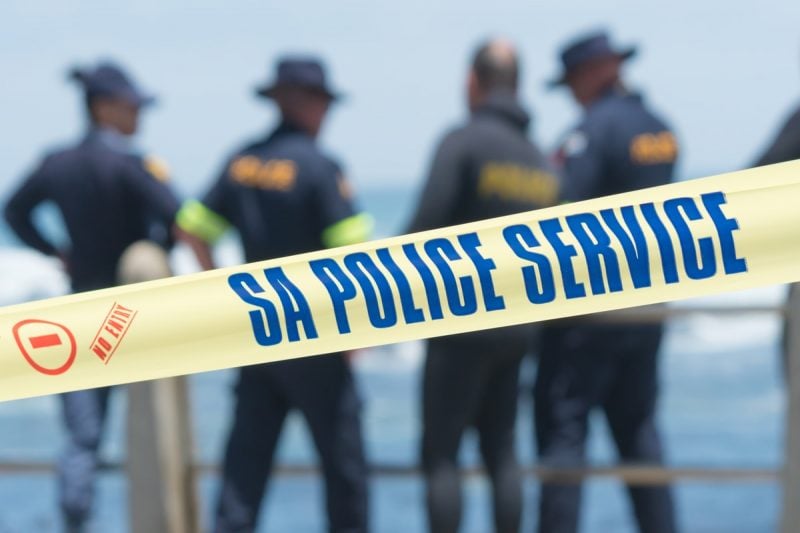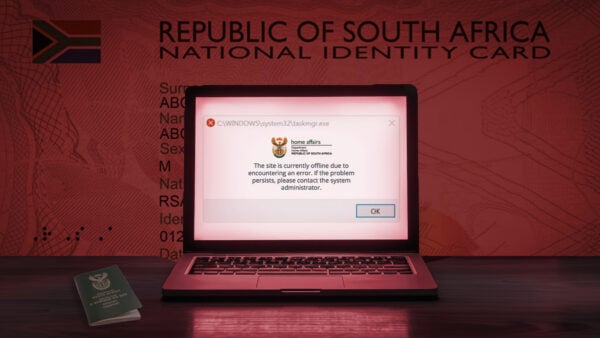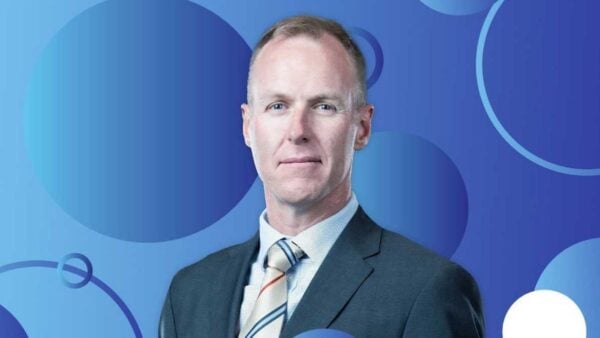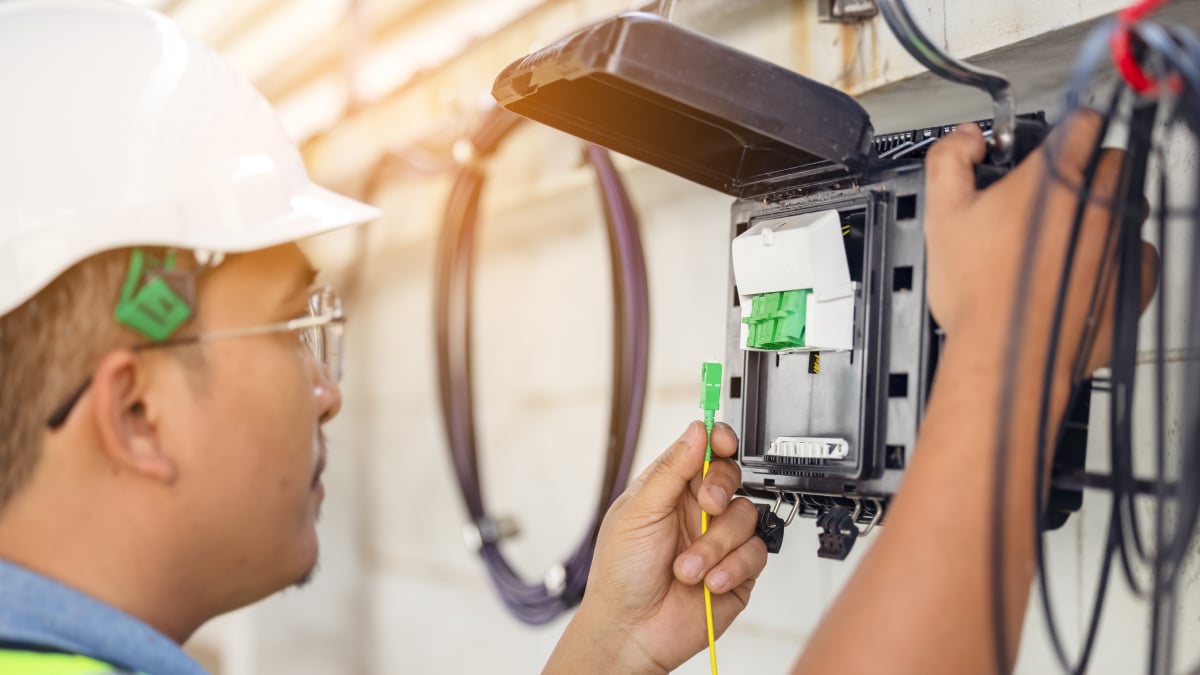Free Wi-Fi gets boost in Joburg
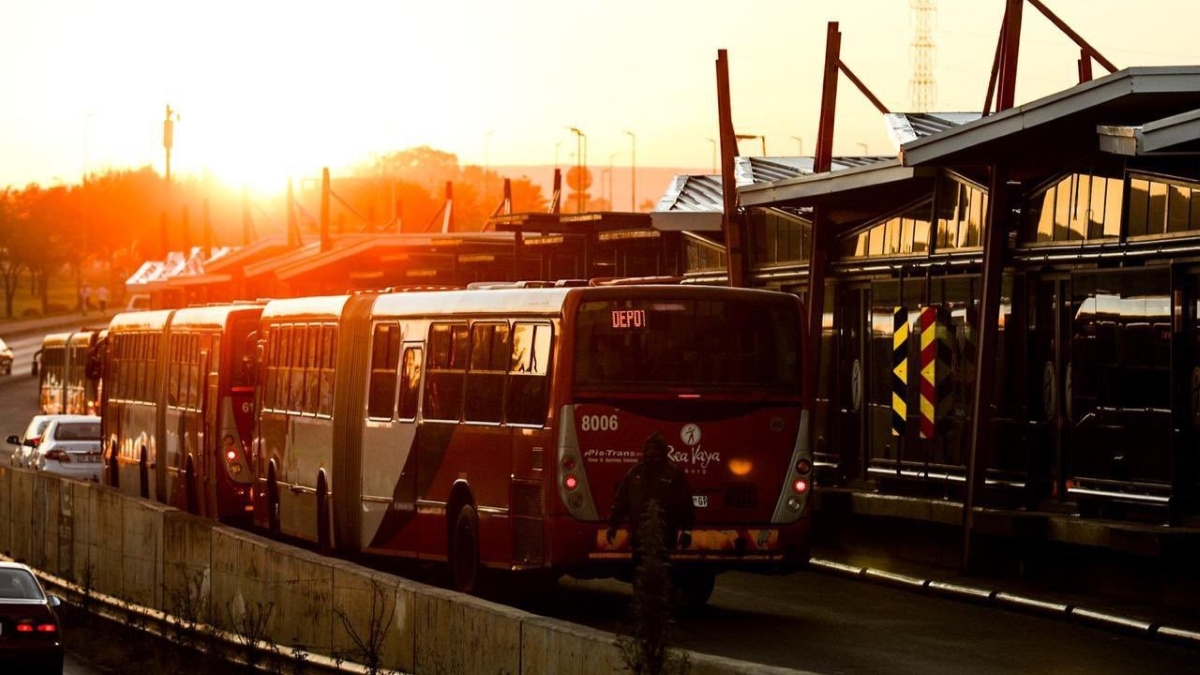
The City of Johannesburg has launched free broadband services at 35 Rea Vaya bus stations across the municipality, with more planned.
Commuters can now connect to the “Joburg Free Wi-Fi” SSID at the stations.
This was announced during the project’s launch event at the Soccer City Rea Vaya station on Monday.
“In the spirit of global collaboration reflected in the G20, Johannesburg is bridging the digital divide,” said Joburg Mayoral Committee Member for Transport Kenny Kunene.
“This initiative is about more than just internet access; it’s about building an inclusive and smart city where every commuter has the tools to thrive in the 21st century.
“It aligns with our vision of a modern, interconnected Johannesburg that empowers its people,” Kunene added.
The project aims to allow commuters to maximise their time while waiting for buses, according to the MTC’s general manager of network operations, Neani Mulaudzi.
“Commuters can access emails, work remotely, or attend virtual meetings, effectively extending their workday,” Mulaudzi previously said.
“Passengers can also stream music, watch videos, or browse social media while waiting to board a bus.”
The Metropolitan Trading Company (MTC), in charge of Joburg’s broadband and ICT infrastructure, is overseeing the rollout of the “high-speed Internet” project.
The MTC also oversees Joburg’s broader digital rehabilitation programme, with the Rea Vaya broadband rollout being a key component of the initiative.
“MTC is proud to deliver this essential service to Joburg’s commuters,” said CEO Thedi Moropa.
“We are committed to leveraging technology to improve the urban experience, and this rollout is a testament to that commitment. It’s about making Johannesburg a more liveable, efficient, and connected City for all.”
The municipal entity says it will monitor network performance and user feedback for optimal service delivery and continuous improvements.
Free broadband ambitions across South Africa
Several municipalities have invested billions in ambitious plans for free broadband networks, which have proved challenging to implement.
One of these networks was commissioned by the City of Johannesburg in 2010, aiming to provide access to broadband services, improve the City’s service delivery, and increase overall access to affordable Internet services.
Former Johannesburg mayor Herman Mashaba said the 2010 project to build a broadband network throughout the City became riddled with corruption.
“After just four years of the 12-year BOT contract, the City decided to buy back the broadband network despite having no expertise or capacity to manage it. The price of this decision you may ask? R2.3 billion,” Mashaba said in 2018.
Stellenbosch also attempted to launch a free Wi-Fi project in 2012, announced by then-mayor Conrad Sidego, who promised everyone free Internet access.
It was a collaborative effort by Stellenbosch, Mxit, and the University of Stellenbosch.
By November of that year, things slowly started unravelling when stakeholders struggled to agree on the best way to proceed.
According to one stakeholder, Mxit had been providing the free bandwidth that made the service possible but no longer supported the project.
A year later, Tshwane tried to get in on the action with a free Wi-Fi project launched by an ANC-led municipal government in 2013 in partnership with Project Isizwe.
In 2017, the Auditor General declared R180 million spent on the Wi-Fi network as “unlawful and irregular”.
The project was reportedly paid for by grant funding, which was provided under a section of the Municipal Finance Management Act meant for non-profit organisations and charities.
The project costs also raised eyebrows, amounting to R320 million when the irregularities were noticed in 2017. This worked out to about R302,000 per site.

